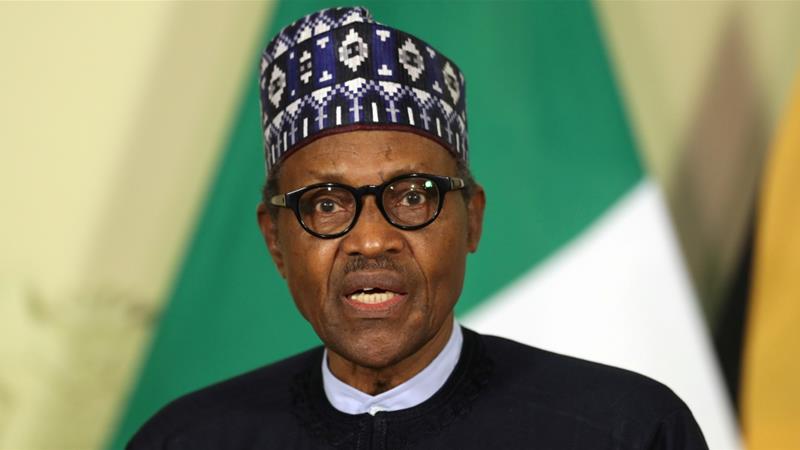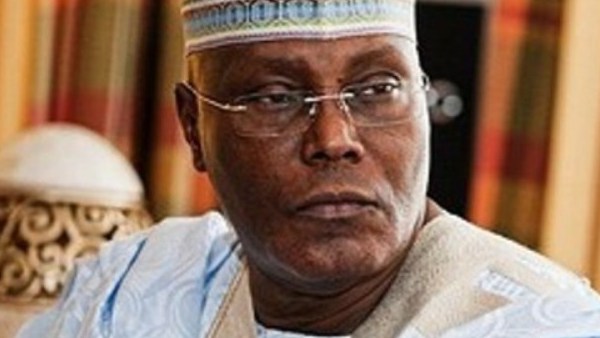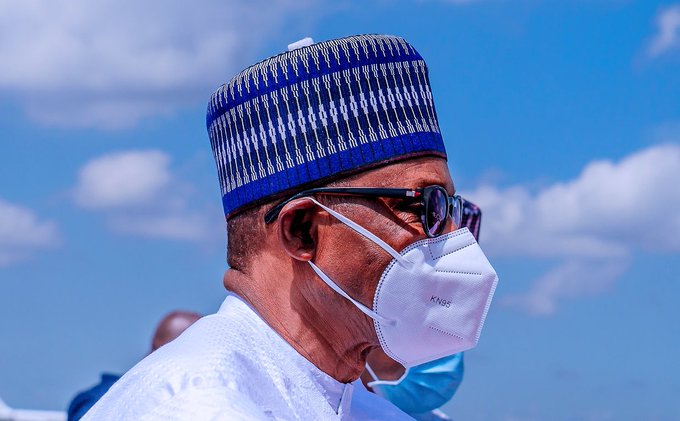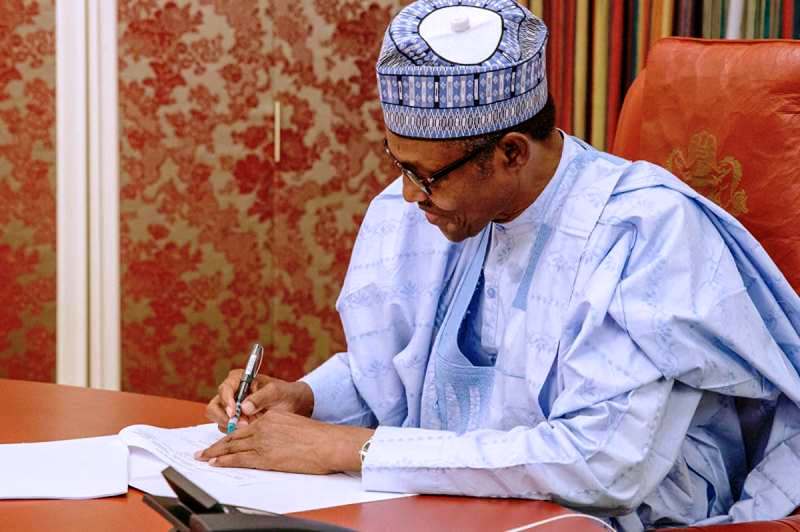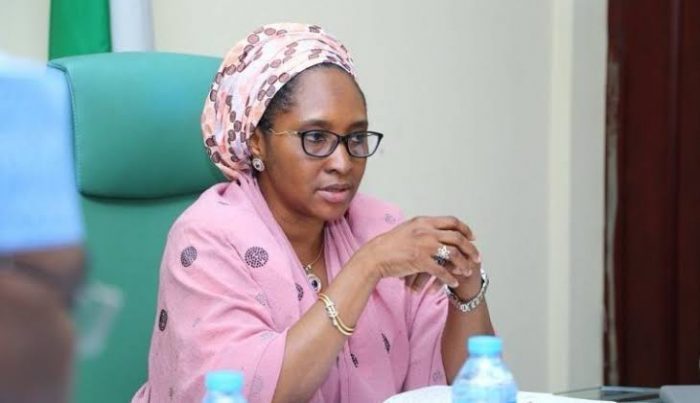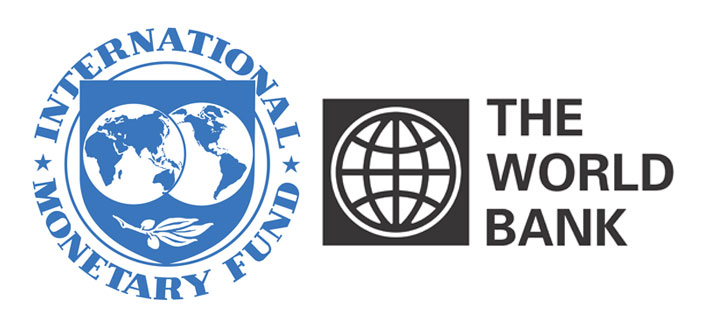The Federal Government said on Thursday that unless the country achieves a strong third quarter economic performance in 2020, the country stands the risk of going into a second recession with significant adverse consequences.
The government also warns that Nigeria faces significant medium-term fiscal challenges, especially with respect to its revenues, which if not immediately addressed could snowball into a debt sustainability crisis.
Minister of state for Finance, Budget and National Planning, Clement Agba disclosed this while speaking at an interactive session with the House of Representatives joint committees on Finance, Appropriation, Budget and Economic Development as well as Loans, Debt Management.
Agba who represented the Minister for Finance, Budget and National Planning, Zainab Ahmed at the event said Nigeria is currently exposed to spikes in risk aversion in the global capital markets, which will put further pressure on the foreign exchange market as foreign portfolio investors exit the Nigerian market.
Agba admitted that the Nigerian economy faced serious challenges in the first half of 2020 with the microeconomic environment significantly disrupted by the COVID-19 pandemic.
According to him, crude all prices declined sharply in the “mild market with Bonny Light crude oil price dropping from a peak of US$72 pb on January 7, 2020 to below US$20 in April, 2020 as a result of which the US$57 crude oil price benchmark on which the 2020 budget was based became unsustainable.
He said further that massive output cut by OPEC and its allies to stabilize the world oil market was another key development in the international crude oil market with Nigeria contributing about 300,000 bpd of production cuts.
The Minister explained that the impact of these developments is about 65% decline in projected net 2020 government revenues from the oil and gas sector, with adverse consequences for foreign exchange inflows into the economy.
He said further that Nigeria is currently exposed to spikes in risk aversion in the global capital markets, which will put further pressure on the foreign exchange market as foreign portfolio investors exit the Nigerian market.
He stressed that as a result of the decline in revenue, Nigeria‘s Q2 GDP growth is in all likelihood negative, and unless we achieve a very strong Q3 2020 economic performance, the Nigerian economy is likely to lapse into a second recession in four year, with significant adverse consequences.
He stressed that in response to the developments affecting the supply of foreign exchange to the economy, the Central Bank of Nigeria (CBN) adjusted the official exchange rate to N360/USD1, and more recently to N379/USD.
He maintained that the disruptions in global trade and logistics would negatively affect custom duty collections in 2020, while the COVID-19 containment measures have inhibited domestic economic activities, with consequential negative impact on taxation and other government revenues.
As a result of this, he said, the projections for Customs duty, Stamp Duty, Value Added Tax, and
Company Income Tax revenues were recently reviewed downwards in the revised 2020 budget, adding that in spite of the challenges, Customs revenue has generally performed close to target over the last few years, exceeding target in 2019 as well as some level of improvement in Company Income Tax and VAT remittances.
He said further that over the past 5 years, actual revenue performance averaged 61.4%, adding that some government reforms are yielding positive results, with significant improvements between 2018 & 2019, saying “we believe we can do more to improve revenues, especially remittances from Government Owned Enterprises, possibly up to N1 trillion p.a.
He said further that the key parameters as well as other macroeconomic projections during the medium term revenue and expenditure framework have been revised by the government in line with the emergent realities.
He maintained that “oil GDP growth rate has a strong positive correlation with real GDP growth in Nigeria. Consequently, changes in the underlying drivers of oil GDP will significantly affect real GDP performance.”
He said further that although Nigeria‘s total production capacity stands at about 2.5 mbpd, current crude production stands at about 1.4mbpd in compliance with the OPEC production quota), and an additional 300,000bpd of condensates, totaling about 1.7mbpd.
He said further that the World Bank has projected that crude oil prices will rise gradually from an average of US$42 pb in 2021 to $44.5 pb in 2022, and US$47 pb in 2023, while EIA expects Brent crude oil prices to average $41 pb during the second half of 2020 and $50 pb during 2021, reaching $53 pb by the end of 2021.
Agba said further that with oil price projected to remain low and volatile in 2020, and Nigeria’s compliance with 0PEC cuts by reducing base production to between 1.412 mbpd and 1.579 mbpd from June to end of the year, growth in Oil GDP is expected to decline in 2020.
The Minister said that the nominal GDP is expected to increase from N130,836.1 billion in 2020 to N132.1254 billion in 2021 and then up to N138,415.8 billion in 2023. Similarly, consumption expenditure ls projected to stay flat at N118, 735.2 billion in 2020 and N118, 468 billion in 2021 and grew to N124, 35815 billion by 2023, reflecting a gradual steadiness in the recovery.
He stressed that inflation is expected to remain above single digit over the medium term, given the structural issues impacting on cost of doing business including high cost of and distribution.
He explained further that fiscal measures are being instituted to improve government revenue and entrench a regime of prudence with emphasis on achieving value for money aimed at keeping the economy active through carefully calibrated regulatory/policy measures designed to boost domestic value addition, de—risk the enterprise environment, attract external investment and sources of funding, among others
He stressed that improving the tax administration framework to optimize government revenue has been a major thrust of the Administration’s Strategic Revenue Growth Initiative (SRGI), saying “we have included in the 2021 – 23 MTEF/FSP, a Tax Expenditure Statement (TES) overview which seeks to dimension the cost of tax waivers/concessions, and evaluate their policy effectiveness.
“To enhance Independent Revenue generation and collection, Government will aim to optimize the potentials operational and collection efficiency of GOEs with a view to generating significantly higher revenues required to fund the FGN budget.
“Current revenue performance of GOEs will be addressed through the effective implementation of the enhanced Performance Management Framework. The key elements of the reform initiative include Performance Contracts for Chief Executive Officers (CEOs) and key management staff, which will set financial indicators and targets for each GOE
“The cost-to-revenue ratio of GOEs has by a Presidential directive been limited to a maximum of 60%-70% while regular monitoring and reporting of revenue and expenditure performance of GOEs will be undertaken by both the Budget Office of the Federation and the Office of the Accountant General of the Federation.
He however said that the Finance Bill 2020, which will accompany the 2021 Budget Proposal, will contain measures to advance the SRGI, saying “we shall also work closely with the National Assembly to amend relevant laws that need to be amended to help with the SRGL.
”We have revised the 2020 FGN budget and will accelerate implementation to maintain budget credibility, enhance GDP growth and promote social inclusion. The draft 2021 — 2023 MTEF/FSP has been prepared against the backdrop of a global recession and heightened global economic uncertainty.
“The draft 2021-2023 Medium Term Fiscal Framework shows that there are continuing global challenges due to the COVlD-19 pandemic. The medium-term outlook for Nigeria suggests that fiscal risks are somewhat elevated, largely due to Covid-19 related disruptions which have exacerbated structural weaknesses in the economy.
“In furtherance of our objective of greater comprehensiveness and transparency in the budget process, the FGN 2021 Budget will reflect the revenues & expenditures of all [about 60) significant GOEs (excl. NNPC), not just 10 as in the 2020 budget.
“Weaker-than-expected economic performance threatens our ambitious revenue growth targets, as seen in the 2020 revised budget and the updated medium-term projections. Achieving fiscal sustainability and macro-fiscal objectives of government will require bold, decisive and urgent action. Government is determined to act as may be required.”
